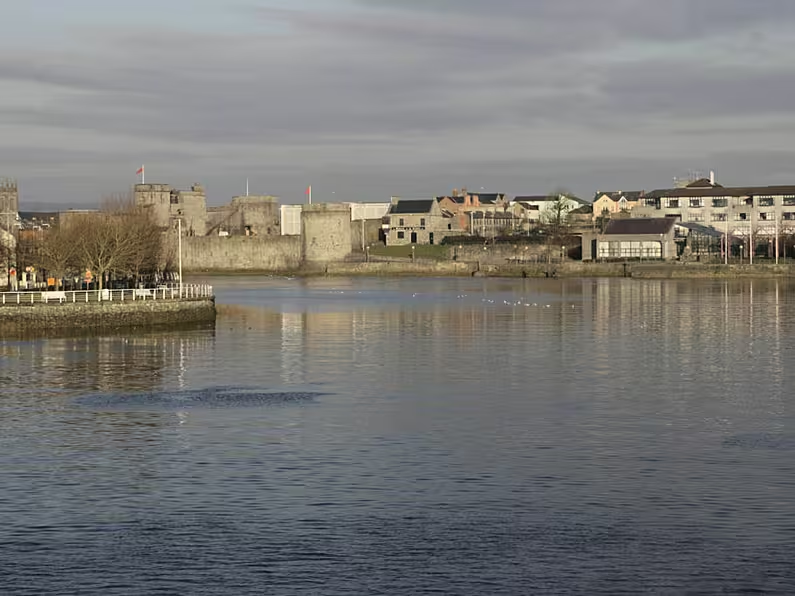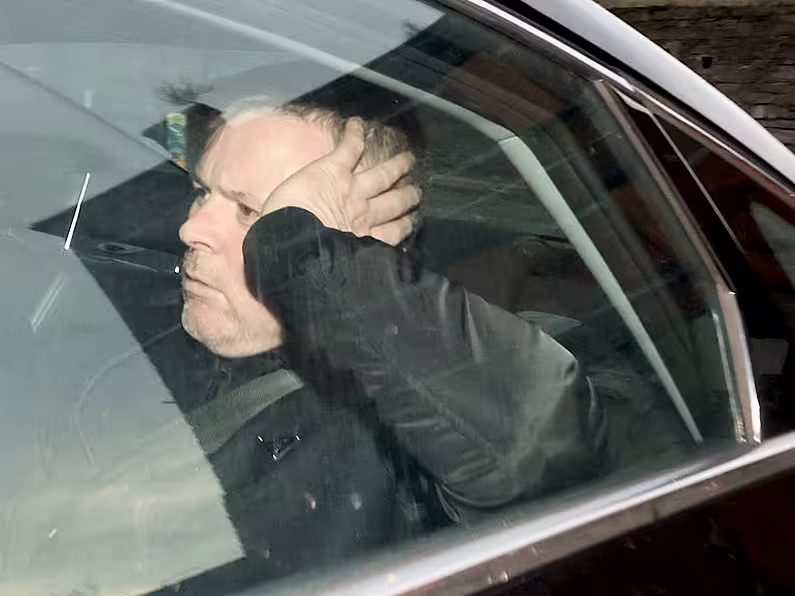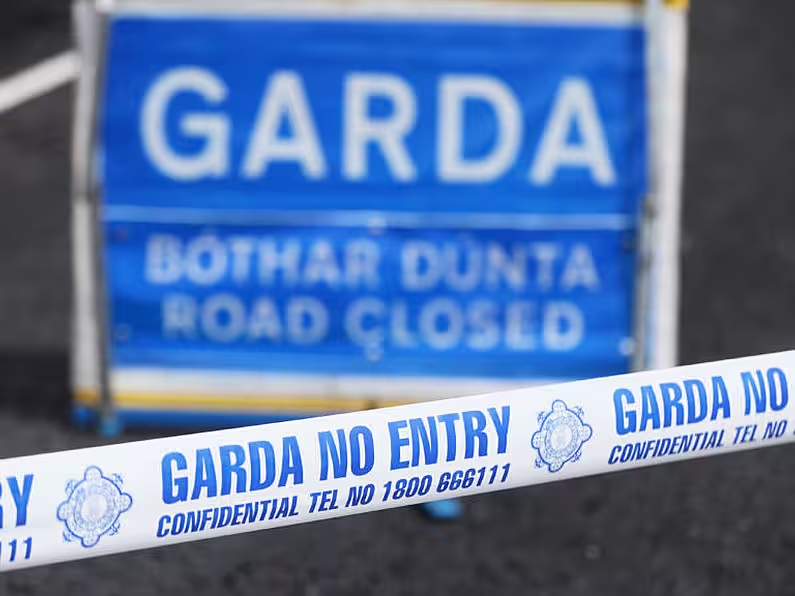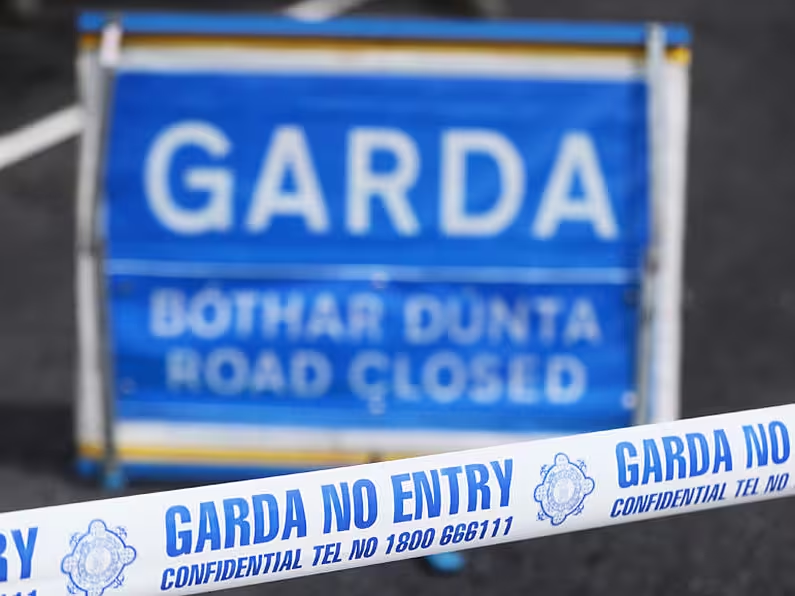
James Ward, PA
A majority of people in the North believe a border poll should be held within the next five years, a poll has found.
Of those surveyed, 37 per cent said a poll should be held within five years, 29 per cent believed it should be held but not in the next five years, while 32 per cent said a border poll should never be held.
But in the Republic, attitudes are different, with the majority (44 per cent) saying a poll should be held, but not in the next five years.
Another 37 per cent said it should be held in that timeframe, with just 12 per cent saying it should never take place.
Even if a poll were to take place in the next five years, it would be likely to fail in the North, with the same poll recently showing voters would choose to remain in the UK if the question was asked in the present day.
Of those surveyed, 49 per cent said they would vote to stay in the UK while 43 per cent would support a united Ireland. The remainder were undecided.
The Lucid Talk poll had a sample size of 2,845 and a 2.5 per cent margin of error, was conducted for BBC NI’s Spotlight programme over April 5th-7th.
The poll in the Republic was conducted by Lucid Talk/Ireland Thinks between April 6th and 9th. The sample size was 1,008 with a 2.5 per cent margin of error.
Further results were released on Thursday night’s edition of The View on BBC Northern Ireland.
Brexit
It found that Brexit largely has not changed attitudes to the constitutional question among both unionist and nationalist communities.
Asked if the UK’s exit from the EU had changed their mind on the subject, 45 per cent of those who support remaining in the UK said it had not.
Of those who support a united Ireland, 32 per cent said the Brexit referendum had not changed their minds.
However, people who had supported remaining in the UK were far more likely to have changed their mind as a result of Brexit.
Some 19 per cent who had supported the Union said they would now support the North joining a united Ireland.
That compares to just 1 per cent of those who previously supported a united Ireland who said they now favour remaining in the UK. The remainder were undecided.
Jurisdiction
There were some stark differences of opinion between voters in each jurisdiction over what changes might be necessary to accommodate the whole island in a united Ireland.
Asked if Ireland should change its tricolour flag to accommodate unionist sentiments, 46 per cent of Northern Irish voters agreed while 63 per cent of voters in the Republic disagreed.
In the North, 29 per cent disagreed with the proposition, and 18 per cent were neutral. In the Republic, just 21 per cent agreed, while 14 per cent were neutral.
Similarly, a majority of those in Northern Ireland, 57 per cent, said Ireland should change its national anthem, Amhran na bhFiann.
A majority in the south, 46 per cent disagreed, although 38 per cent agreed.
But there was some common ground, with both jurisdictions agreeing that Ireland should move to a British-style NHS system, with no charges to visit A&E, the GP or to receive prescription medicine.
In the North 82 per cent agreed, while 70 per cent of respondents in the Republic agreed.
Scottish influence
People in both jurisdictions also agreed that a Scottish vote for independence in the next five years would make a united Ireland more likely.
In the North 60 per cent said it would be more likely, 2 per cent said less likely and 35 per cent said it would make no difference either way.
In the Republic, 64 per cent said it would be more likely, 3 per cent said less likely, and 27 per cent said it would make no difference either way.
The survey was carried out over the Easter period when clashes were taking place in a number of areas across the North, sparked by loyalist anger over the Northern Ireland trade protocol and the PSNI’s handling of a republican funeral during the pandemic.
The BBC commissioned the polls as part of a special programme reflecting on the centenary of Northern Ireland’s foundation.












